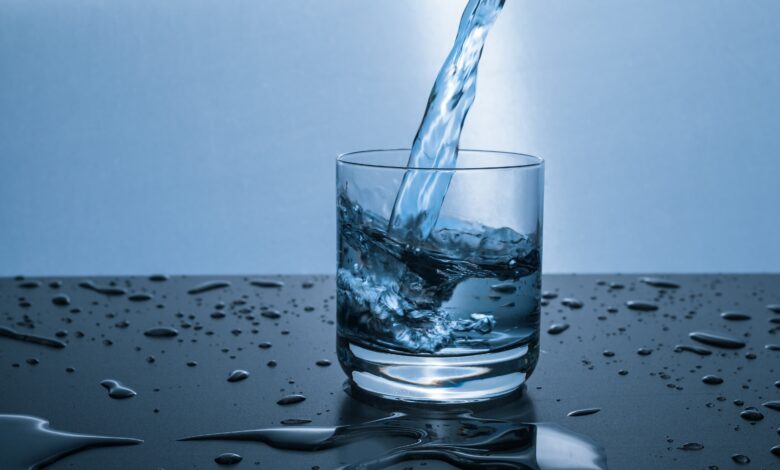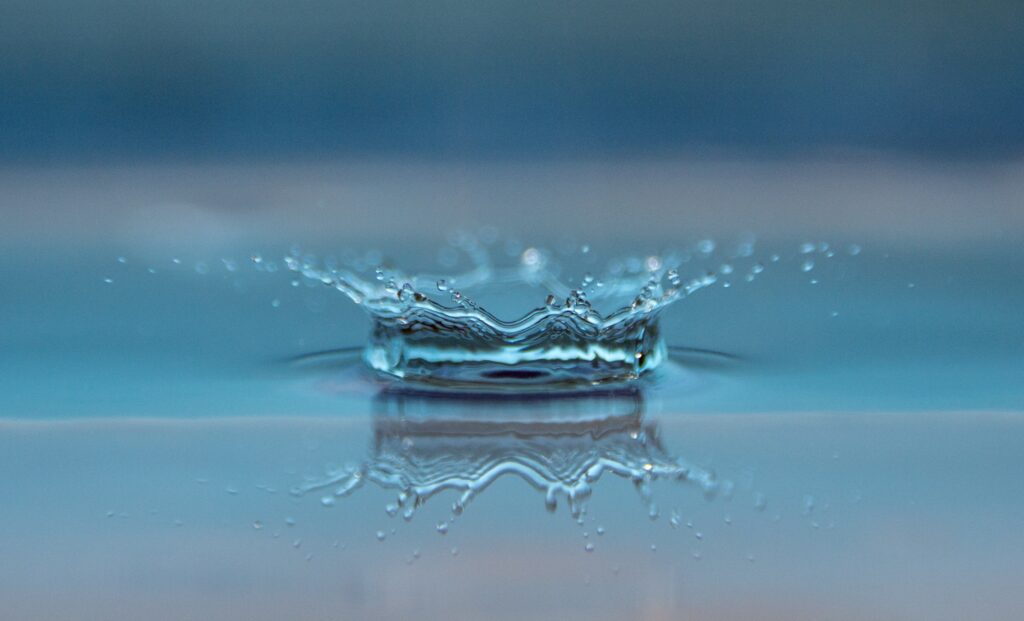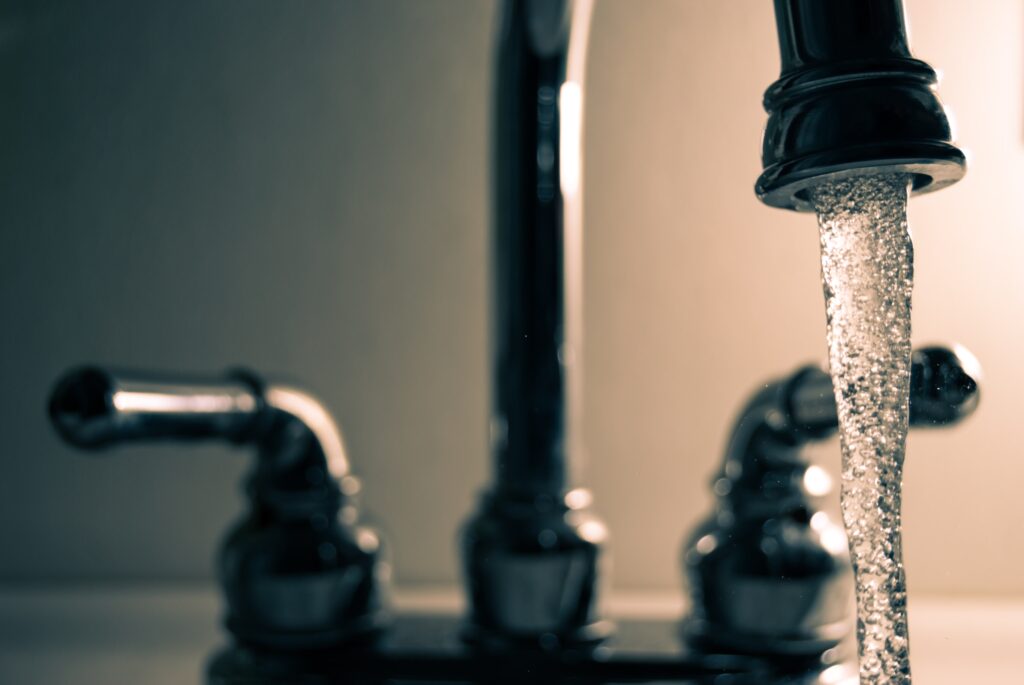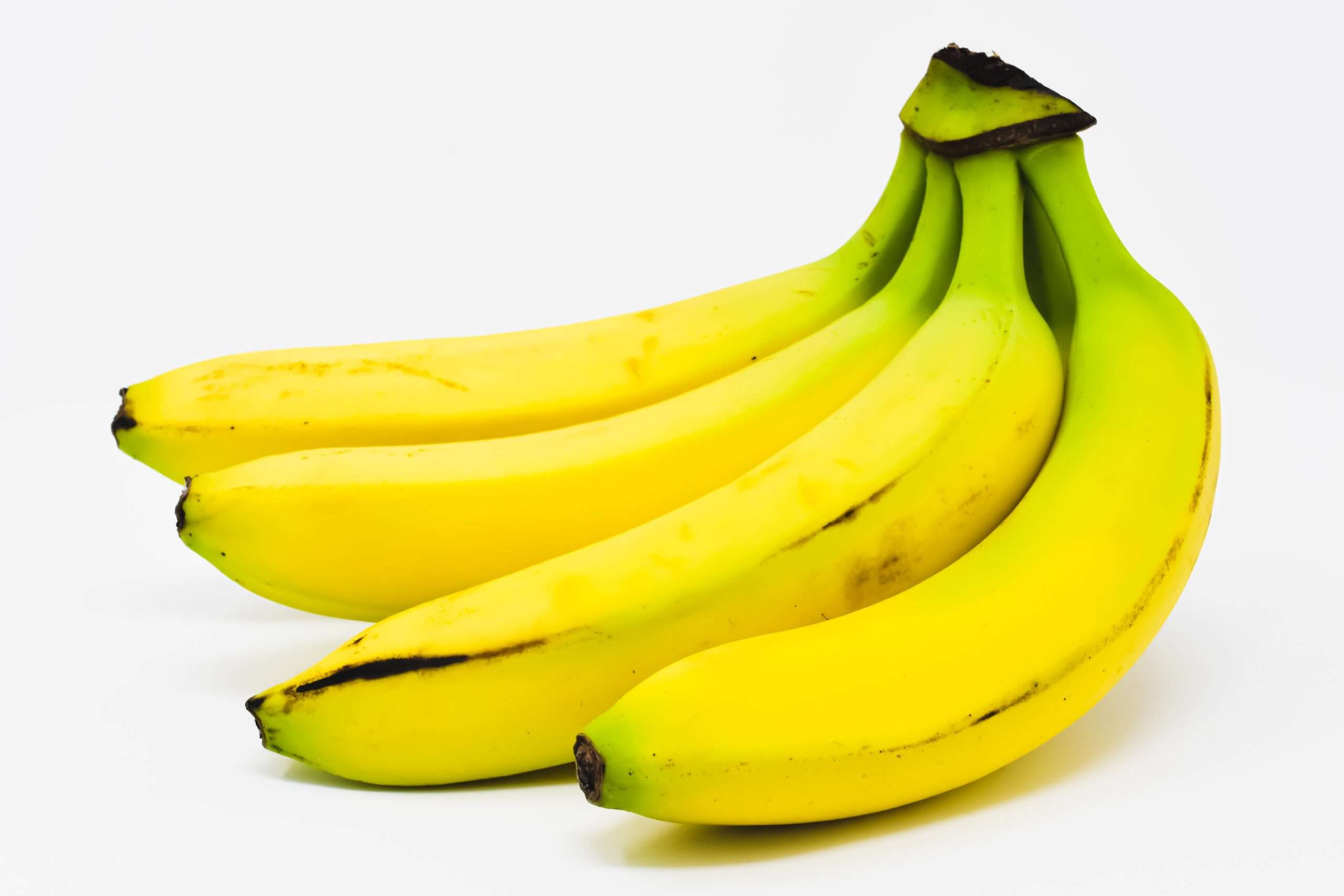
Description of water
Water is an essential element for the functioning of our body, but to reap its benefits, it is still necessary to choose the right water and know the right amount to consume.
Health benefits of water and roles for the body
Moisturizing
The main role of water is to hydrate all tissues in the body.
Carrier role
Water will also serve as the main transport medium for nutrients, metabolic waste or even respiratory gases.
Thermal regulator
Thanks to sweating, water will help regulate body temperature and can also help reduce fever in case of illness.
shock absorber
Water is the main constituent of cerebrospinal fluid which protects the brain against shocks and blows in the cranial cavity.
Food sources of water

What are the main sources of water?
The water commonly consumed can be from the tap or bottled (spring or mineral), each water will have a specific mineral composition. Except in special cases, it is recommended to vary the water consumed as much as possible in order to balance your intake of minerals and trace elements.
Beyond table water, we find water in all commonly consumed foods, however we note that the largest quantities of water are found in fruits and vegetables.
20 foods that contain the most water
To learn more about each of these foods, see our Food Index.
Food | Portion | Amount of water |
| Tomato | 130g | 122g |
| Cucumber | 200g | 193g |
| Lettuce | 100g | 96g |
| Zucchini | 300g | 286g |
| Carrot | 125g | 112g |
| Mushroom | 100g | 94g |
| green bean | 100g | 91g |
| Pepper | 100g | 94g |
| Leek | 150g | 133g |
| Grapefruit | 400g | 360g |
| Orange | 200g | 174g |
| Watermelon | 300g | 273g |
| Melon | 300g | 266g |
| Strawberry | 250g | 225g |
| Lemon | 125g | 111g |
| Apple | 150g | 129g |
| Pear | 200g | 167g |
| Apricot | 50g | 43g |
| Sin | 80g | 70g |
Daily water needs
Depending on body size, physical activity and outside temperature, the daily water intake should be between 1 and 2L of water per day for a healthy adult. Athletes, pregnant women, and people doing physical work or in an overheated atmosphere, the needs will be increased and can go up to 3.5L per day.
Consequence of water deficiency

The main consequence of a lack of water is the dehydration of the organism. This can lead to confusion, a drop in blood pressure but also kidney and brain damage that can even lead to cardiac arrest.
Consequences of excess water
Excess water consumption can lead to overhydration which can cause edema. A psychological disorder called potomania may be responsible for this since people with the disease consume quantities of water that can go up to 6L per day.














